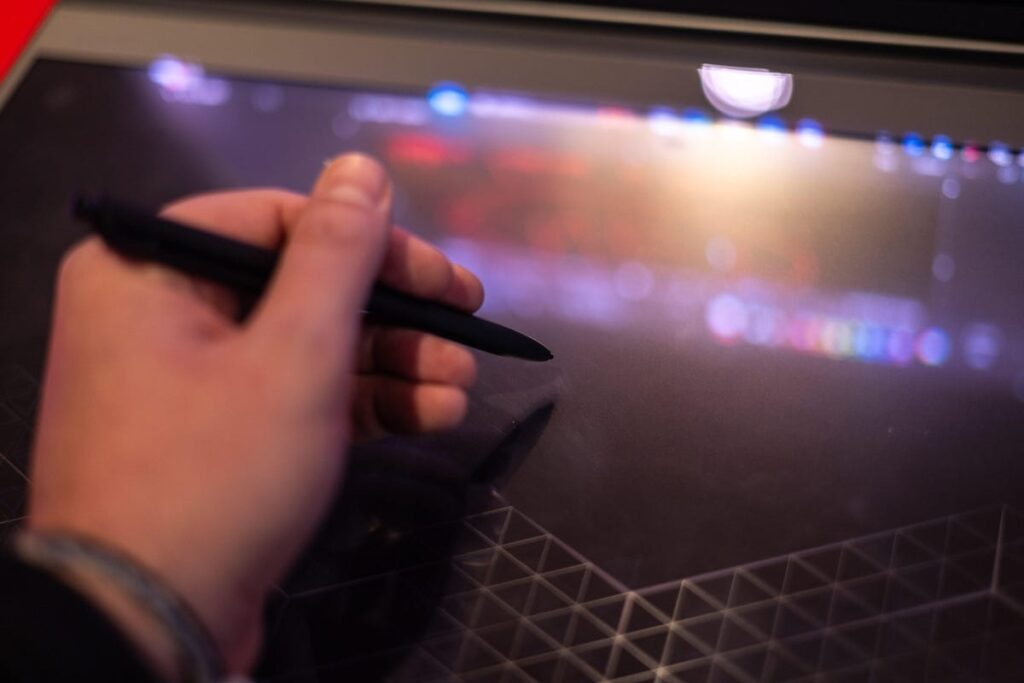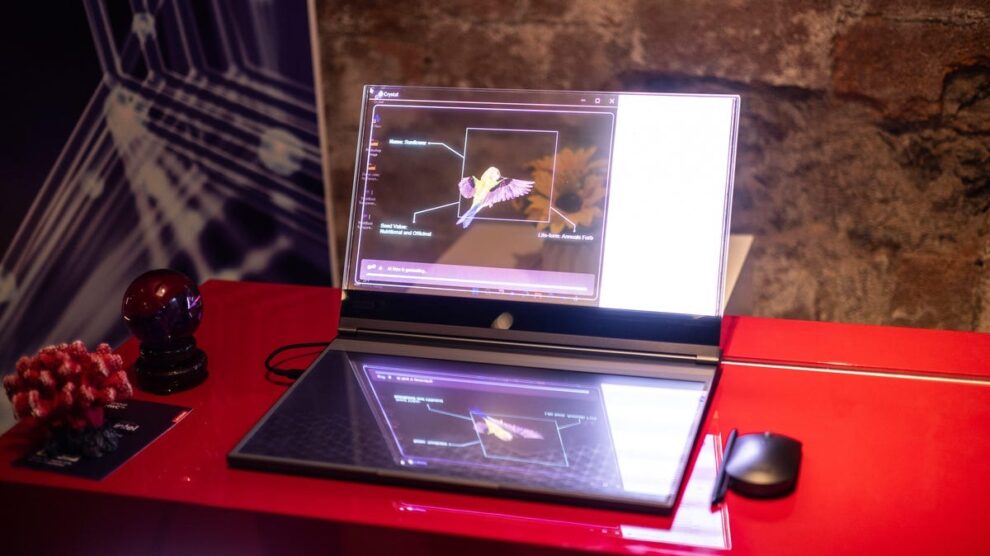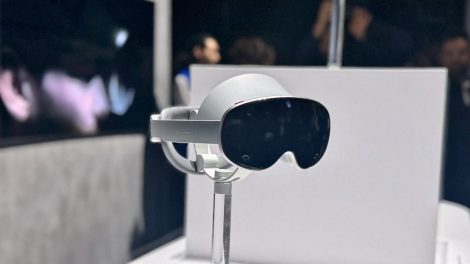The future of laptops just got wildly reimagined. At this year’s 2024 Mobile World Congress gathering, Lenovo unveiled an outrageously ambitious concept notebook blending bleeding-edge technologies into a striking transparent chassis.
Offering unprecedented views directly into internal components powering this portable workhorse, the prototype aims sparking dialogue on industrial design limitations. Let’s decode this concept machine’s capabilities, assess pragmatic adoption barriers in play, and explore whether see-through electronics spell the impending future.
Demystifying the See-Through Notebook
Dubbed the “Glass Laptop Concept,” Lenovo’s creation completely eschews concealment conventions:
- Chassis and structural layers use specialized glass or resins permitting unimpeded internal observation.
- Critical system internals like logic boards, memory modules and advanced vapor chamber thermal modules prominently display without typical protective shrouds.
- Selectively utilized opaque materials mask sensitive modules like storage drives which require electromagnetic interference guarding.
This calculated balance aims delivering previously inaccessible perspectives about electronics mechanics once proprietary mysteries.

Peeking Beneath the Glass: Implications and Insights
Lenovo suggests multiple upsides stemming from such radical transparency:
- User Education: Demystifies intimidating complexity humanizing technology interaction models.
- Customization Inspiration: Seeing possibilities sparks budding tinkerer imagination modifying gear to their personal needs and interests.
- Sustainability Commitment: Having device longevity and internal upgradability visible maintains environmental accountability over fast upgrade cycles.
However, significant adoption hurdles loom on the horizon for such excessively exposed gear in the current marketplace.
Evaluation Pragmatic Barriers Against Mainstream Readiness
Before transparency takes off, Lenovo must reconcile legitimate design challenges:
- Structural Durability Dilemmas: Glass elements risk shattering failures if too fragile lowering reliability.
- Privacy Pitfalls: Exposed screens mean snooping eyes easily stealing glimpses of sensitive personal or professional data.
- Market Readiness Misgivings: Historic consumer survey data suggests moderate interest levels wanting device transparency in practice.
Carefully balancing tradeoffs here remains essential ensuring concepts materialize into commercial viability.
Envisioning the Outlook for See-Through Electronics
Early creator reactions to Lenovo’s concept preview run the gamut from utmost enthusiasm to doubts on practicality foraverage working professionals today.
But recurring historical patterns prove pragmatic obstacles gradually give way. In due course, the shocking gives rise to the status quo – much like initial mixed responses to touchscreen notebooks that eventually subsided yielding the norm.
Perhaps transparent building blocks lay the foundation on even wilder creations someday. Our imaginations remain the only limits!










Add Comment